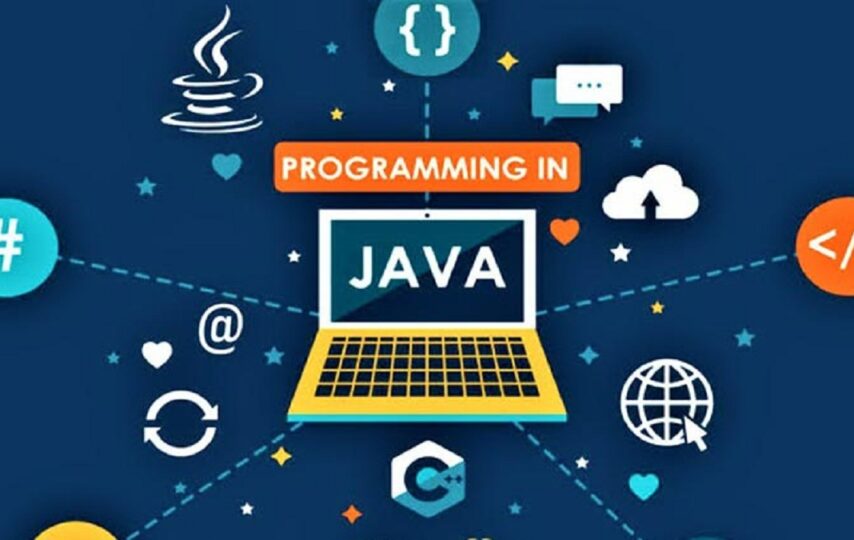The healthcare business is always confront with new issues due to technological advancements in healthcare delivery methods and medical-science research discoveries. People have become increasingly worried about the healthcare sector due to the rapid growth of society and high level of living. They are always searching for improved facilities and services.
In every area of the medical industry, from hospitals to diagnostic centers to pharmacies to clinics and beyond; managing information has become a demanding and time-consuming task. As the healthcare business matures and becomes a critical component of the economy; the efficient Healthcare Management system is the only viable option for dealing with the myriad of issues that it faces. These learning curves and technological advancements enabled Java to expand and go ahead in its operations.
In the current economic climate, it is expected that the growth rate of the healthcare business would accelerate. Healthcare providers today are seeking methods to reduce expenses while still providing high-quality patient care. Exactly in this situation does each healthcare system have a role to play? It has only been beneficial to the healthcare companies to have a unique combination of knowledge, cost-effective solutions, traditional techniques, and a focus on customer happiness. Final results include improved strategic planning, decision-making, and quality maintenance thanks to healthcare management systems.
The evolving Mapp health
At the moment, the whole mobile health app market has grown into a massive ecosystem; a market that is not only dynamic but also can fundamentally alter the entire medical business in the process. However, while designing applications, it is important to take into account the programming languages that will employ. For example, the finest programming language for healthcare applications will guarantee that the app runs smoothly at all times.
The growing prevalence of disorders such as diabetes, hypertension, cancer, obesity, and other diseases; combine with increased patient awareness of health and other disease prevention measures is expected to provide a significant boost to the global mHealth market in the coming years, analysts predict.
To provide the best possible care to users, mHealth makes use of the four critical P’s: personalised, predictive, participatory, and preventative measures, among others. Patients and physicians are discovering that Smartphone apps may be a convenient and effective method to remain in contact and share information. But, as technology advances, apps are no longer restricted to communication between doctors and patients. In a technologically driven world where living without mobile phones is unfathomable; an app that can give a centralized platform to assist customers. It solves health-related concerns that has been a long-awaited demand in the e-health business.
How Java can curb Healthcare industry challenges?
Java is widely utilize in the healthcare sector for the development of tiny to big embedded devices. It is often use for the development of remote patient monitoring apps as well as a variety of varied and sturdy sensors.
- In the information technology field, Java programming has become more popular, which has been a boon for recent graduates.
- It’s no surprise that Java is one of the most widely utilize programming languages for app development.
- In the development of embedded devices like diagnostic and interventional systems, it is utilize extensively. Besides these benefits, it also aids in the development of record-keeping apps, cloud applications, server applications, online applications, and other types of applications.
- As the Android operating system is built in Java; anybody who learns the language will be able to build an Android-based mHealth application from the ground up.
- Java is an open-source, platform-independent programming language that has a wide range of applications in the real world.
- By collaborating with community leaders and local doctors; we will develop an outpatient programme that will not only help the hospital grow, but will also help the hospital’s patient base increase.
Conclusion
When it comes to employment creation, the healthcare business is at the top of the list. This shouldn’t come as a surprise when you consider all that is going on in the healthcare industry and the technology that is require to support it. So, what kinds of programming and development talents are in demand among healthcare organizations today? Finally, there are several Java jobs in Gurgaon accessible in the healthcare industries as previously mentioned. For contractors, java programmers are require to build software that will guarantee accurate digital maps, robust communications, and the resolution of connection difficulties.








